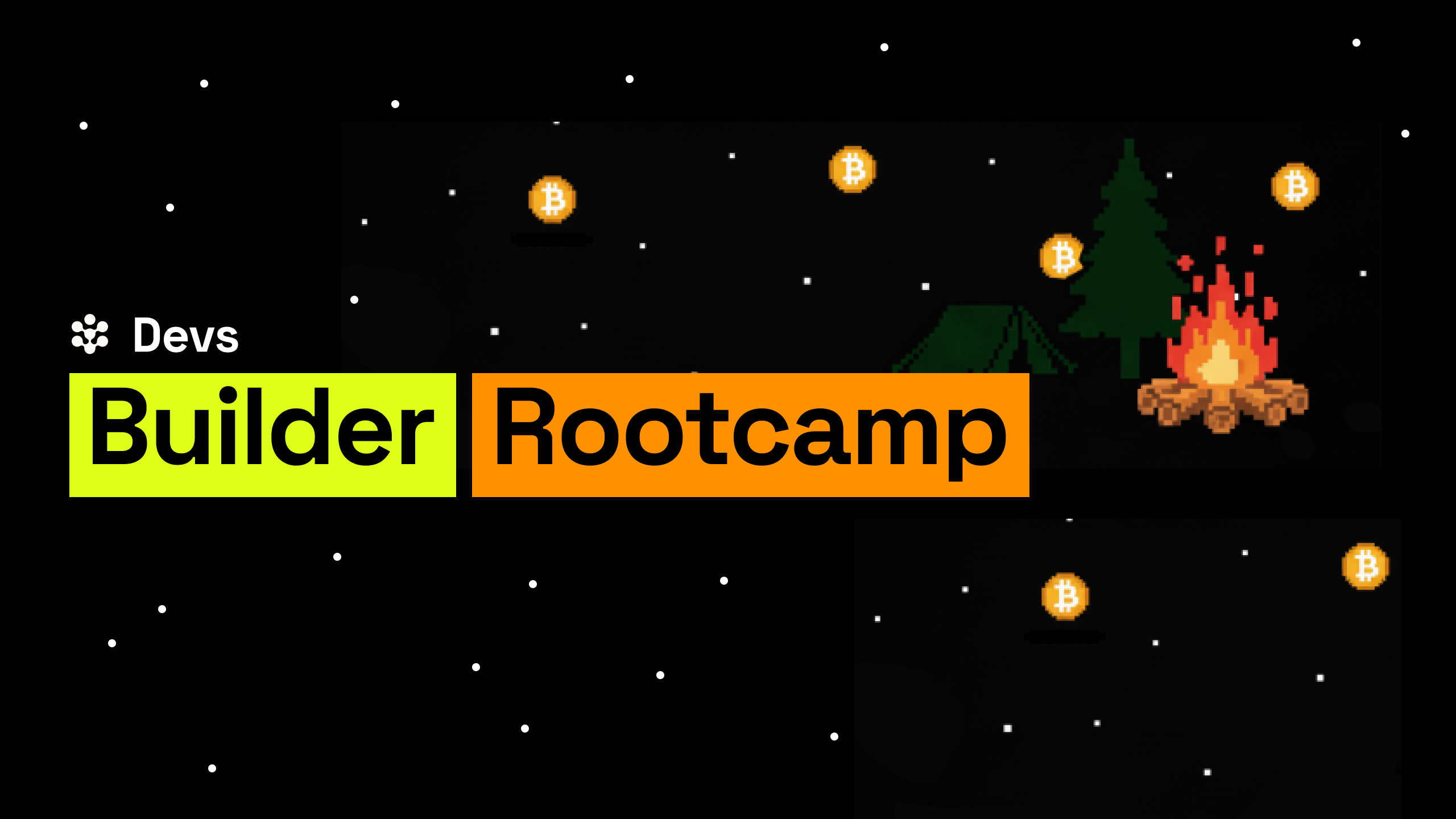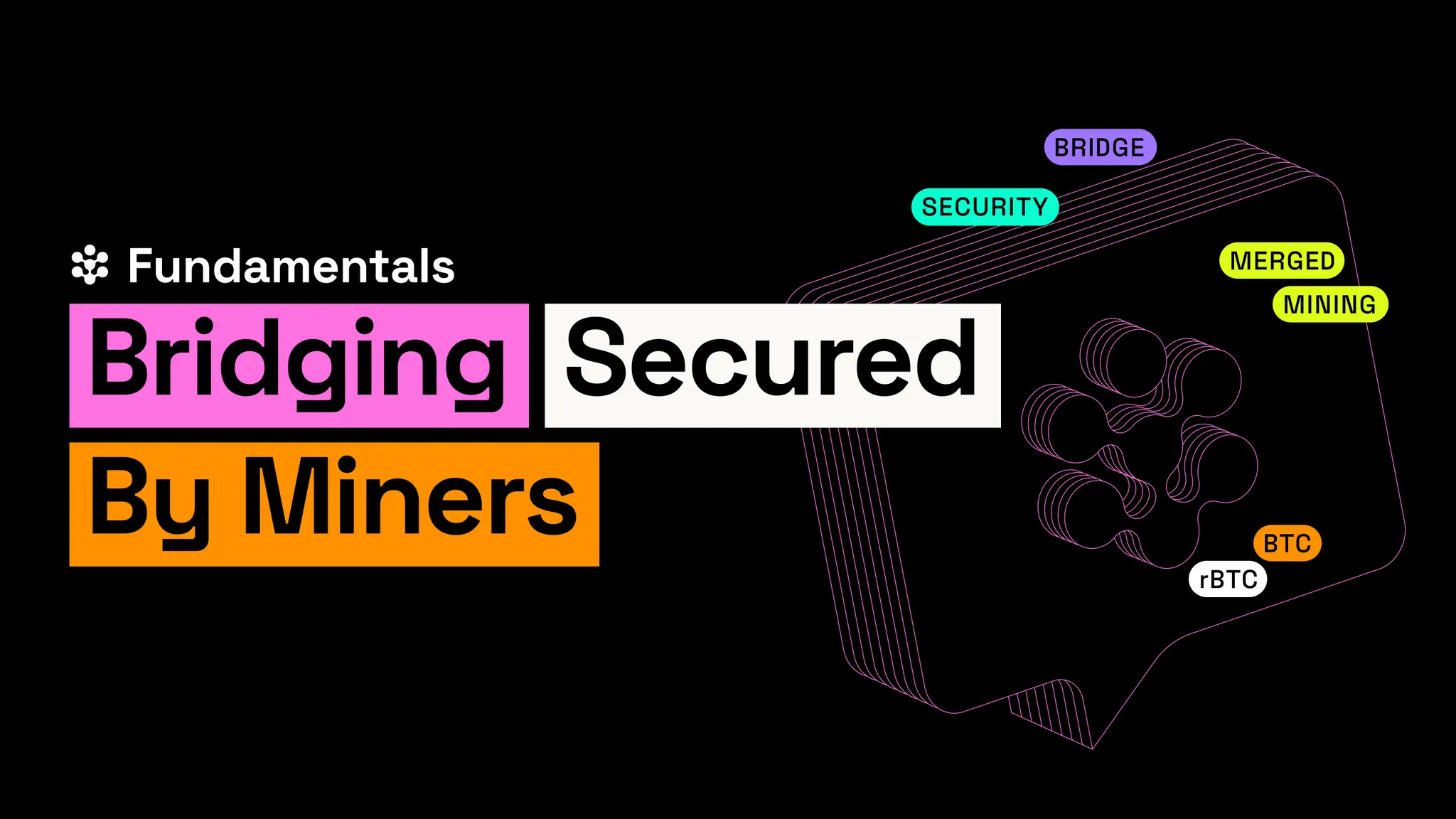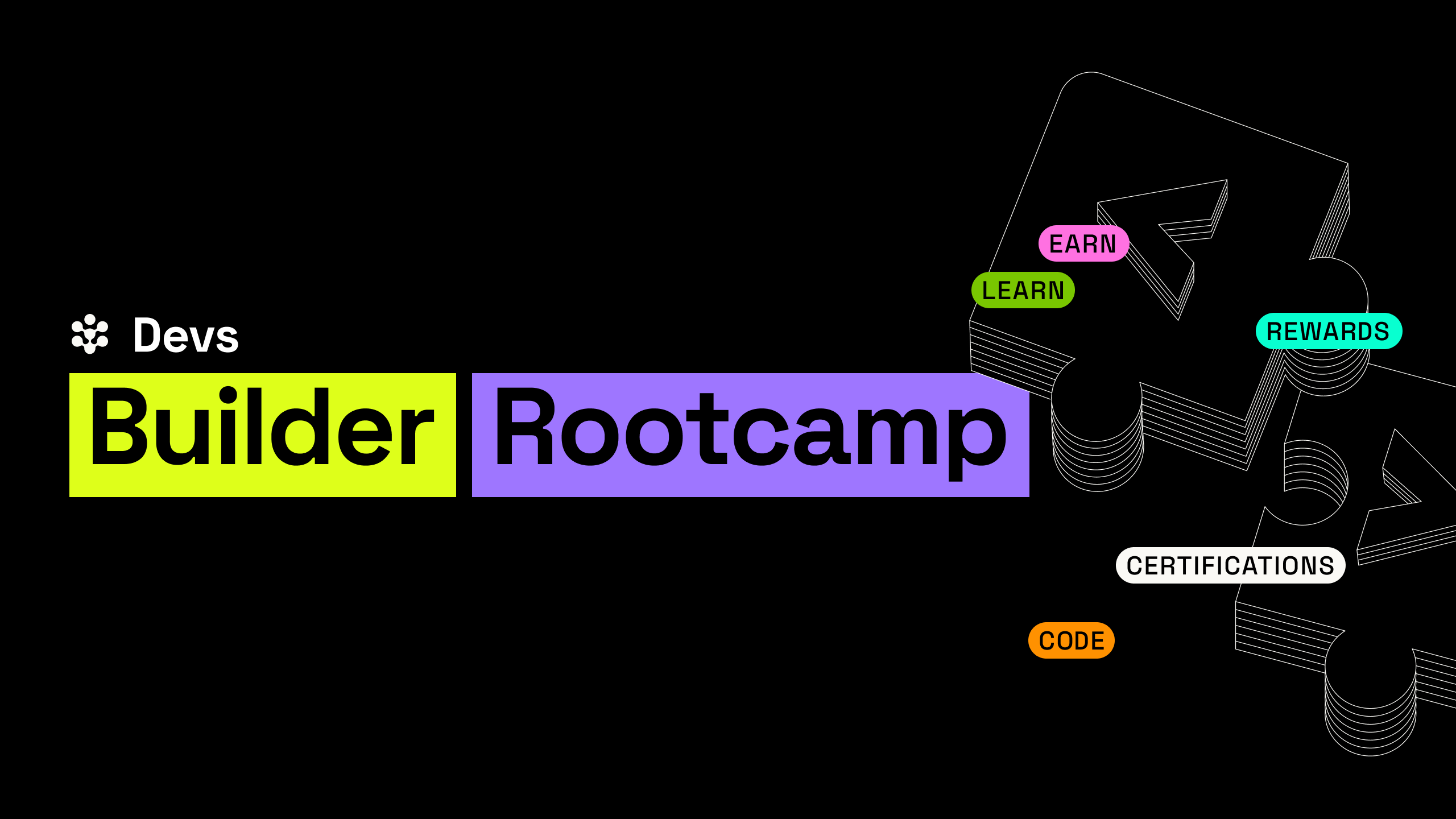We are pleased to announce the release of RSKj Reed 8.1.0, the latest version of the RSKj client. As approved by the Rootstock community as part of the Reed upgrade, this version introduces a set of consensus changes that will activate only on Testnet, along with RSKj node optimizations for improved performance, stability, and better developer experience for both Mainnet and Testnet.
Reed 8.1.0 delivers scalability enhancements through the Parallel Transaction Execution feature and additional protocol improvements that lay the groundwork for the upcoming Union Bridge release on Testnet soon.
The upgrade will activate on Rootstock Testnet at block 7,139,600, and it is a mandatory update for Testnet node operators. This latest version is now available for download in the RSKj GitHub repository.
What is a Tesnet network upgrade?
A Testnet network upgrade is a set of changes to the protocol consensus rules, which are activated at a defined block number only on Rootstock Testnet. Testnet upgrades allow the Rootstock community to validate new protocol features under real-world conditions before Mainnet activation, providing an essential testing ground for scalability improvements, new functionalities, and any other type of sensible protocol changes.
The Reed 8.1.0 release introduces consensus updates that will activate on Testnet only, with no impact on the Mainnet network. Developers and node operators are encouraged to participate in testing to ensure stability, compatibility, and performance ahead of a future Mainnet release.
When will the network upgrade happen?
Rootstock Reed 8.1.0 will activate in Testnet at block 7,139,600. According to current network conditions, activation is expected to occur on December 16, 2025, at approximately 12 p.m. UTC. Please note that these dates are subject to change due to network conditions, so it is recommended that users upgrade as soon as possible.
What changes are included in Reed 8.1.0?
The Testnet-only consensus changes included in this version are:
- Parallel Transaction Execution for the Unitrie (RSKIP-144)
- Miniheader – block header compression (RSKIP-351)
- Union Bridge Integration: New Methods Added to PowPeg Bridge Contract (RSKIP-502)
- New storage cells in Bridge native contract for base and super events info (RSKIP-529)
- Additional methods for the BlockHeader precompiled contract (RSKIP-536)
Most notable non-consensus changes are:
- Refactor traceFilter method for improved performance and reliability by @dlealmac in #3325.
- Make filterid less predictable by using random UUID generation by @rmoreliovlabs in #3312.
For a detailed description of each consensus change introduced in this network upgrade, please refer to RSKIP 518 Network Upgrade: Reed. You can also find a complete list of the changes introduced in the corresponding GitHub milestone.
RSKj Reed 8.1.0’s sha256 sum is f8535514f7a02181da768543782ec9b811128b6af20f44d1d5c0c5510ecdaaf1 rskj-core-8.1.0-REED-all.jar.
Refer to the Reproducible Build guide for additional information.
Why does this release matter?
Parallel Transaction Execution (PTE)
Parallel Transaction Execution (PTE) is a Rootstock protocol innovation that enhances scalability by allowing multiple non-conflicting transactions to be executed simultaneously, rather than sequentially. By detecting which transactions operate on independent parts of the blockchain state and running them in parallel across multiple CPU cores, PTE significantly improves throughput and reduces block validation times while preserving full EVM compatibility.
This feature will be activated on Rootstock Testnet, enabling developers to evaluate performance gains and identify optimization opportunities for future Mainnet deployment.
Laying the Groundwork for the Union Bridge
Reed 8.1.0 introduces additional Testnet consensus updates to enable the upcoming Union Bridge — a next-generation, trust-minimized bridge between Bitcoin and Rootstock built on BitVMX technology. This milestone marks a significant step toward a more decentralized and scalable two-way peg, with the first Union Bridge deployment on Testnet expected soon, paving the way for seamless and efficient cross-chain interoperability.
Enhanced Ethereum Compatibility and Node Improvements
Reed 8.1.0 delivers significant enhancements to Rootstock’s Ethereum compatibility, particularly within the JSON-RPC interface, ensuring greater alignment with Ethereum’s behavior and tooling standards. In addition, this release introduces several security and performance improvements to the RSKj node, strengthening network reliability and delivering a smoother experience for developers and operators alike.
Deprecation of LevelDB Support
Starting with Reed 8.1.0, LevelDB will no longer be officially supported. While it remains technically possible to run nodes using LevelDB, compatibility and stability will not be guaranteed.
All node operators are encouraged to migrate to RocksDB, which offers higher performance and better long-term reliability.
For detailed migration and configuration instructions, visit the Rootstock Developer Portal: https://dev.rootstock.io/node-operators/setup/configuration/preferences/.
Are there any considerations I should take into account when upgrading to Reed 8.1.0?
There are no additional considerations other than updating your Testnet node to the latest version before the network upgrade activates at the defined block number. Since this is not a mandatory Mainnet upgrade, there is no specific deadline to update Mainnet nodes.
How do I report security vulnerabilities?
If you find a security issue, please contact us at security@rootstocklabs.com or report it through RootstockLabs’ bug bounty program. We reward security experts, software developers, and hackers who dedicate time and effort to improving and protecting the Rootstock platform.
Do you have further questions?
Please contact us through our Rootstock Discord Server for technical questions and support.
You can also reach out to us with any feedback you would like to share through our social media channels and forums.
Website | Twitter | Developer Portal | Discord | Youtube | Blog


